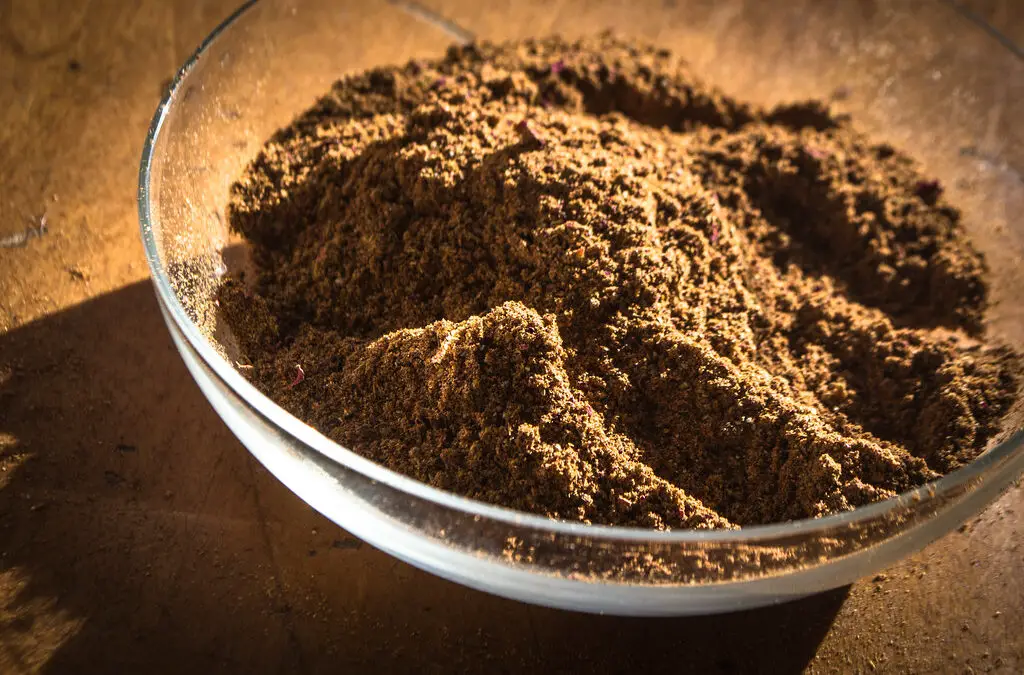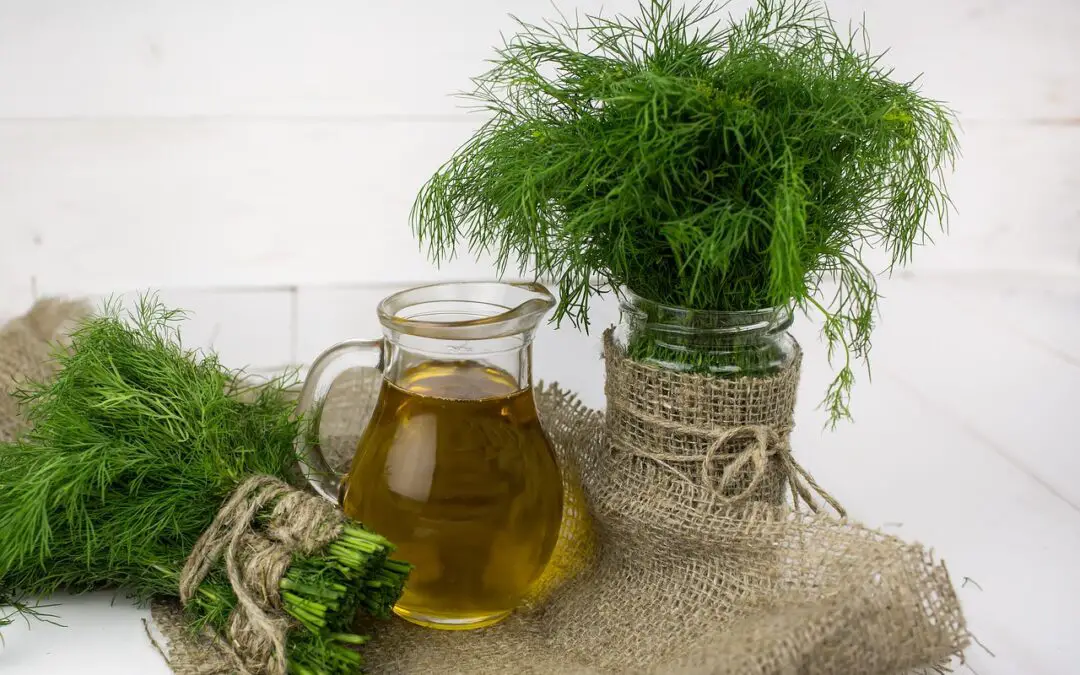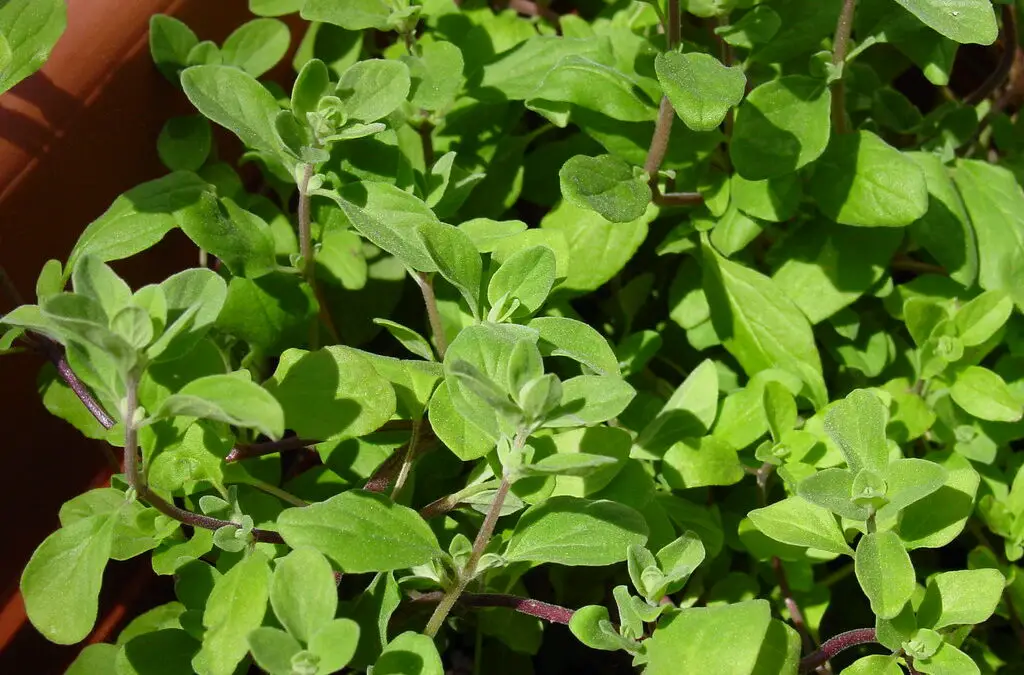Turmeric spice has been used in Middle Eastern cuisine for centuries. It is often used to add flavor and color to dishes and is known for its bright yellow hue. Turmeric has also been used for its medicinal properties, with some studies suggesting that it may have anti-inflammatory and antioxidant effects.
One of the active ingredients in turmeric is curcumin, which is believed to be responsible for many of its health benefits. Curcumin has been studied for its potential to reduce inflammation, which is believed to play a role in many chronic diseases. Some studies have also suggested that curcumin may have anti-cancer properties, although more research is needed in this area.
Overall, turmeric is a versatile spice that can be used in a variety of dishes. Whether you’re looking to add flavor to your favorite Middle Eastern cuisine or reap the potential health benefits of curcumin, turmeric is a spice worth adding to your spice rack.
Health Benefits
Turmeric is a popular spice used in Middle Eastern cuisine, known for its distinct flavor and bright yellow color. In addition to its culinary uses, turmeric has been used for centuries in traditional medicine to treat a variety of ailments. Recent research has confirmed many of the health benefits associated with turmeric.
Anti-Inflammatory Properties
One of the most well-known benefits of turmeric is its anti-inflammatory properties. The active ingredient in turmeric, curcumin, has been shown to reduce inflammation in the body. Chronic inflammation has been linked to a variety of health problems, including heart disease, cancer, and Alzheimer’s disease.
Antioxidant Effects
Turmeric also has antioxidant effects, which means it can help protect the body from damage caused by free radicals. Free radicals are unstable molecules that can damage cells and contribute to the development of chronic diseases. Curcumin has been shown to be a powerful antioxidant and may help reduce the risk of cancer and other diseases.
Brain Function and Mood
Studies have also suggested that turmeric may have benefits for brain function and mood. Curcumin has been shown to increase levels of a hormone called brain-derived neurotrophic factor (BDNF), which is important for brain function and may help improve memory and reduce the risk of cognitive decline. Some studies have also suggested that curcumin may help improve mood and reduce symptoms of depression.
Heart Health
Finally, turmeric may have benefits for heart health. Curcumin has been shown to improve endothelial function, which is important for blood vessel health. It may also help reduce the risk of heart disease by reducing inflammation and oxidative stress.
Overall, turmeric is a versatile spice with many potential health benefits. While more research is needed to fully understand its effects, incorporating turmeric into your diet may be a simple and effective way to improve your health.
Culinary Uses
Turmeric Spice in Cooking
Turmeric is a popular spice in Middle Eastern cuisine, particularly in Indian and Pakistani dishes. It is often used as a key ingredient in curry powder, giving it a distinctive yellow color and a warm, slightly bitter taste. The spice is also used to flavor rice dishes, soups, and stews.
When cooking with turmeric, it is important to note that a little goes a long way. Too much turmeric can overpower the other flavors in a dish and make it bitter. As a general rule, start with a small amount and add more as needed.
Tea and Beverages
Turmeric can also be used to make a refreshing tea or beverage. To make turmeric tea, simply steep a teaspoon of ground turmeric in hot water for 5-10 minutes. You can add honey, lemon, or ginger to taste. Turmeric can also be added to smoothies and juices for an extra boost of flavor and nutrition.
Turmeric has gained popularity in recent years for its potential health benefits, but it is important to note that these claims are not scientifically proven. It is always best to consult with a healthcare professional before using turmeric as a supplement or for medicinal purposes.
In summary, turmeric is a versatile spice that can be used in a variety of dishes and beverages. When used in moderation, it can add a unique flavor and color to your favorite Middle Eastern recipes.
Side Effects
Turmeric is generally safe when consumed in moderate amounts as part of a healthy diet. However, excessive consumption of turmeric supplements or extracts may lead to adverse effects. This section will discuss the potential side effects of turmeric consumption.
Blood Thinning
Turmeric has been found to have blood-thinning properties, which means it may interfere with blood clotting. This could be a problem for people who are already taking blood-thinning medications, such as warfarin. Consuming large amounts of turmeric could increase the risk of bleeding and bruising. It is recommended that people who are taking blood-thinning medications consult with their healthcare provider before consuming turmeric supplements or extracts.
Digestive Issues
Turmeric may cause digestive issues, including nausea, diarrhea, and stomach upset. This is more likely to occur when consuming large amounts of turmeric or when taking turmeric supplements. People with gastrointestinal issues, such as irritable bowel syndrome (IBS) or inflammatory bowel disease (IBD), should be cautious when consuming turmeric.
Allergic Reactions
Turmeric may cause allergic reactions in some people, especially those who are allergic to ginger or other members of the Zingiberaceae family. Symptoms of an allergic reaction may include hives, itching, swelling, and difficulty breathing. If you experience any of these symptoms after consuming turmeric, seek medical attention immediately.
In conclusion, while turmeric is generally safe when consumed in moderation, excessive consumption of turmeric supplements or extracts may lead to adverse effects. People who are taking blood-thinning medications or have gastrointestinal issues should be cautious when consuming turmeric. Additionally, if you experience any allergic reactions after consuming turmeric, seek medical attention immediately.
Dosage and Preparation
Supplements
Turmeric supplements are available in the form of capsules, tablets, and powders. The recommended dosage of turmeric supplements is generally between 500-2000mg per day. However, the dosage may vary depending on the brand and the concentration of curcumin in the supplement. It is always advisable to consult a healthcare professional before starting any new supplement.
Tea and Beverages
Turmeric tea is a popular way to consume turmeric. To make turmeric tea, add 1-2 teaspoons of turmeric powder to a cup of boiling water and let it steep for 10-15 minutes. Add honey or lemon for taste. Turmeric can also be added to smoothies, juices, and other beverages.
Cooking with Turmeric Spice
Turmeric is a common spice used in Middle Eastern cuisine. It can be added to curries, soups, stews, and rice dishes. The recommended dosage of turmeric in cooking is 1-2 teaspoons per serving. Turmeric can also be mixed with other spices such as cumin and coriander for added flavor.
It is important to note that turmeric should not be consumed in excessive amounts. High doses of turmeric can cause digestive issues, nausea, and diarrhea. Pregnant women and individuals with gallbladder issues should also avoid consuming turmeric in large amounts.
In conclusion, turmeric spice is a versatile spice that can be consumed in various forms. Whether it’s in the form of supplements, tea, or as a spice in cooking, turmeric can provide numerous health benefits when consumed in moderation.





